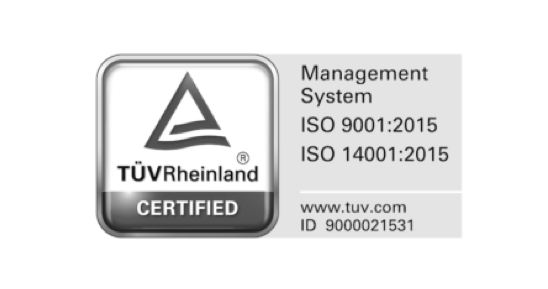Sustainability philosophy
We are part of the solution
We believe that each industry must take responsibility and be committed on a social and environmental level, which is why we place sustainability at the heart of our group. As a leading global fabric supplier and clothing manufacturer, we are building a sustainable business model, one that is capable of generating social, environmental and economic well-being and that, in turn, creates long-term value for shareholders and increases the competitiveness of the company.
We want to foster positive changes in the textile industry and promote a global balance that meets the needs of future generations.
Certifications

ISO 9001 is the most widely used management systems standard globally, being the international reference for Quality Management Systems Certification.

ISO 14001 is an international standard that specifies the requirements for an environmental management system that an organization can use to improve its environmental performance.

ISO 45001 is an international standard that specifies the requirements for an occupational health and safety (OH&S) management system that an organization can use to improve its OH&S performance.
Initiatives
Our commitment is firm
Strategy to meet our goals and objectives
Evaluate
- Adopt a common assessment framework to measure the impact of social and environmental performance
- Establish baselines and identify priorities
Measure
- Monitor performance
- Stakeholders
- Engagement
Implement
- Unify codes of conduct,
policies and practices - Obtain certificates
for sustainability standards
Improve
- Learning
- Problem management
- People
- Products
- Planet
A safe, healthy and respectful work environment.
Ethical and transparent governance and behaviour.
Promote ethical and transparent conduct and good governance
Establish business ethics management systems and provide the necessary resources to identify and measure risks and assess compliance. – Portugal, Spain and the United States.
Guarantee transparency through the annual disclosure of the Sustainability Report in accordance with the Global Reporting Initiative (GRI) standard – Portugal, Spain and the United States .
Provide a respectful, safe and healthy environment for workers
Evaluate social and labour conditions in our own facilities using the Higg Facility Social & Labor Module (Higg FSLM) – Portugal, Spain and the United States.
Certify integrated management systems: Quality (ISO 9001), Environment (ISO 14001) and Safety (ISO 45001) – Portugal.
Provide a respectful, safe and healthy environment for workers
Achieve a score of 80% on the Higg index (FSLM) verified in our own facilities – Portugal, Spain and the United States.
Sustainable raw materials.
Traceability throughout the supply chain.
Sustainable raw materials
Increase the sustainability of our material mix; acquire more sustainable cotton; replace virgin with recycled polyester fibres; and obtain artificial cellulosic fibres from certified non-endangered forests manufactured in a more sustainable way – Portugal, Spain and the United States.
Traceability of the supply chain
Map out and track Tier 1 & Tier 2 suppliers and subcontractors.
Traceability of the supply chain
Assess supply chain sustainability risks and opportunities.
Efficient use of water, energy and chemicals.
Help fight climate change.
Efficient use of water, energy and chemicals
Measure and evaluate the environmental performance of our own facilities using the Higg Facility Environmental Module (Higg FEM).
Implement energy and water efficiency programmes, in addition to increasing the consumption of renewable energy sources.
Lead the textile industry in reducing pollution from dyeing.
Traceability of the supply chain
Report on scope 1 and 2 carbon emissions in accordance with the Corporate Accounting and Reporting Standard of the GHG Protocol.
Set and commit to a science-based goal.
Traceability
We are implementing systems capable of explaining the history of our fabrics and garments throughout the entire value chain. Thanks to these, we can trace, for example, the origin of the raw materials used or determine which supplier has carried out a certain textile process.
The objective is to ensure compliance with fundamental ethical and sustainability standards. For this reason, we work with numerous sustainable certifications that guarantee the transparency of our work and that of our suppliers.
Corporate Social Responsibility
Social and environmental commitment is a reality in our business model and, therefore, in the development of our production activity. We thus accept the need to adopt responsible, ethical and good leadership practices that help generate real change in the face of the climate emergency and the demands of an increasingly aware society.
Proof of this is our involvement in the search for more sustainable production systems, in the correct choice of suppliers and subcontractors that share our social and environmental principles, or even in the development of local communities.









